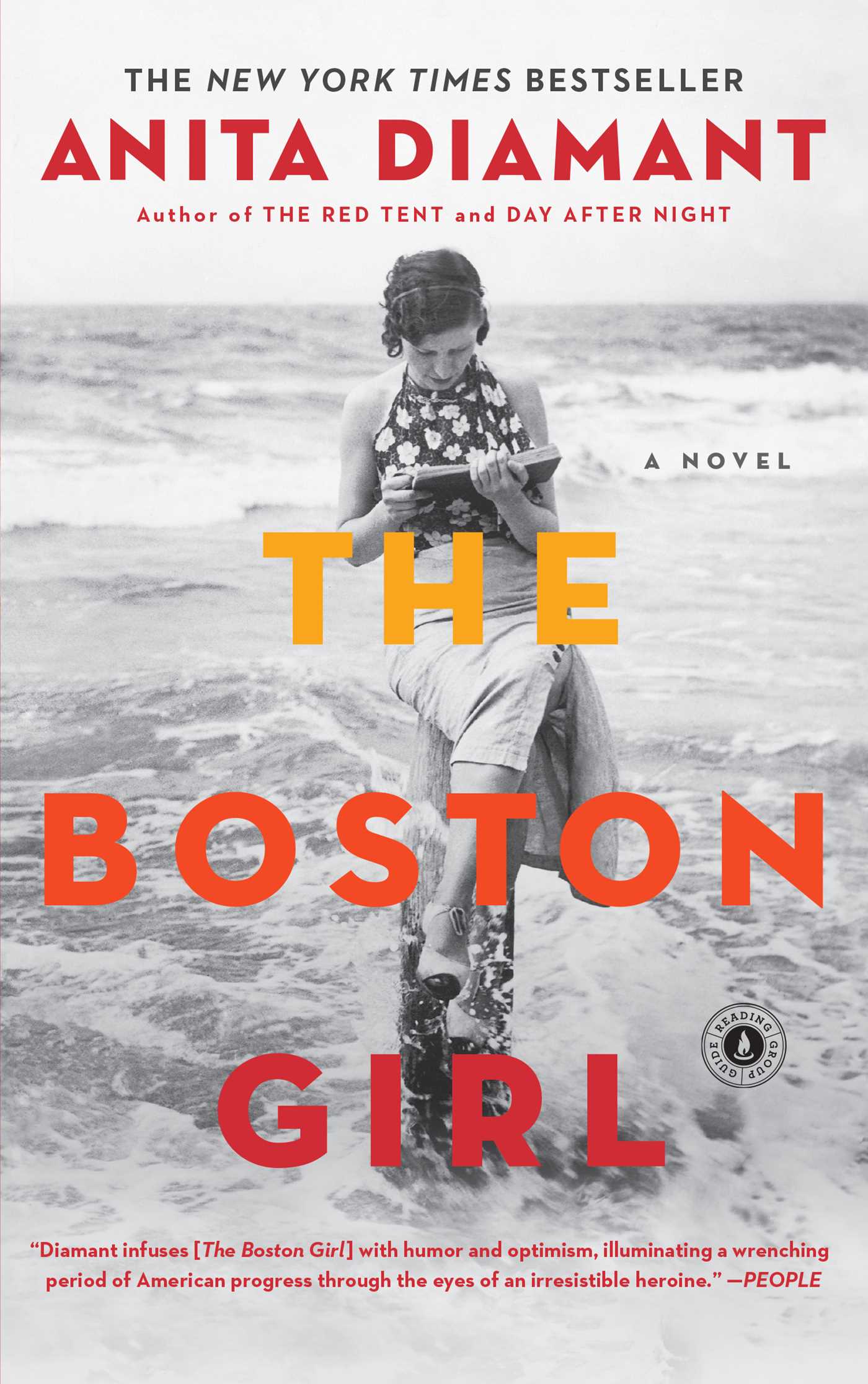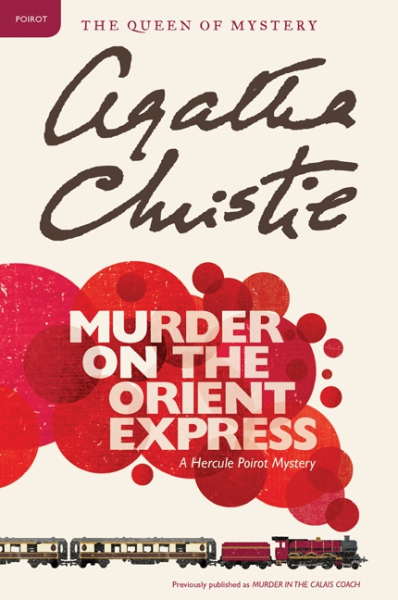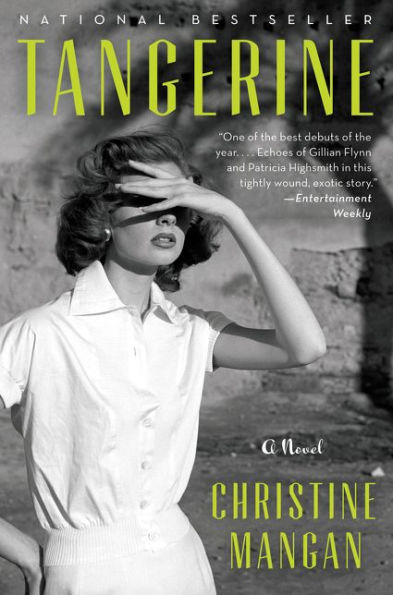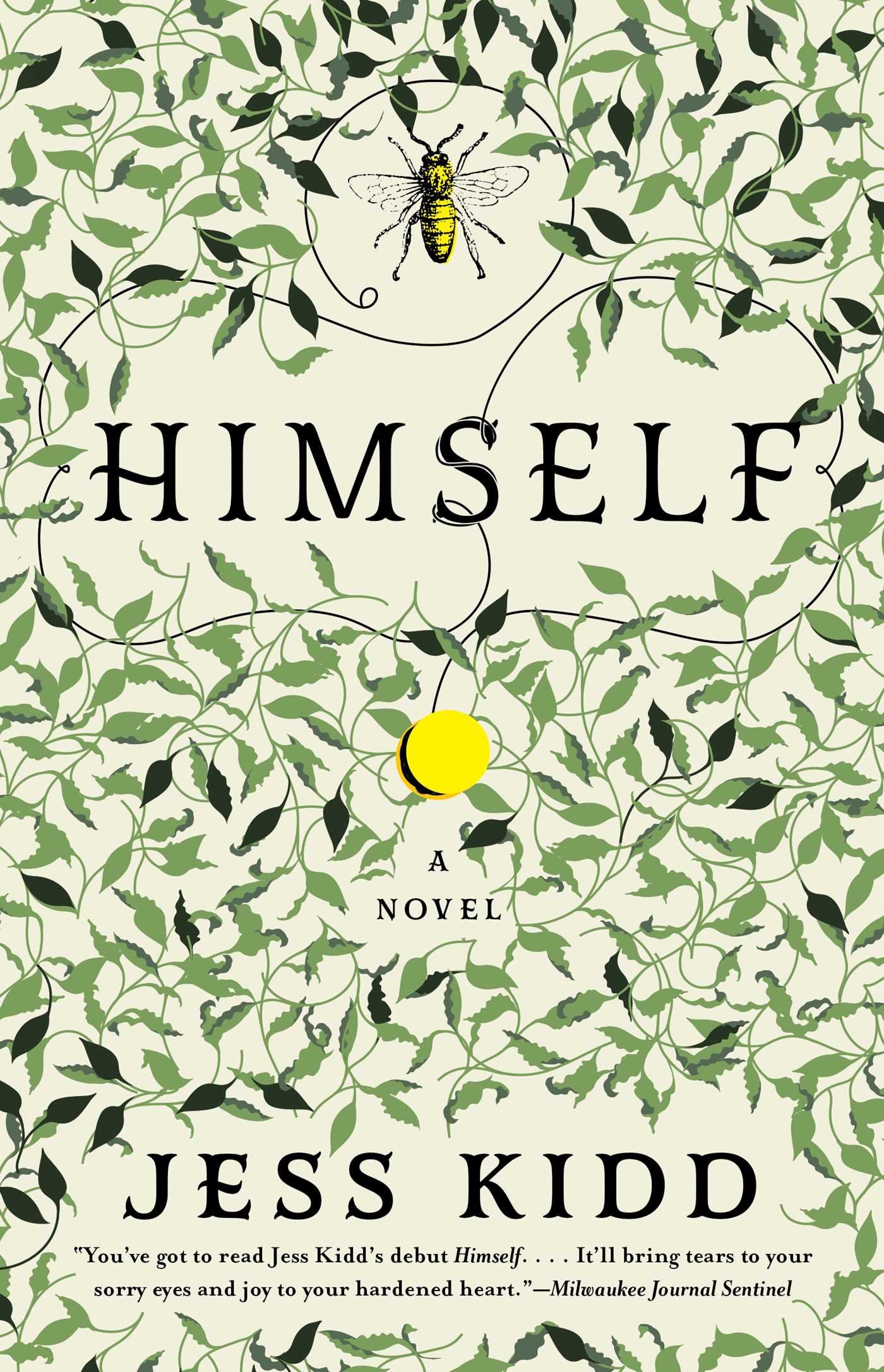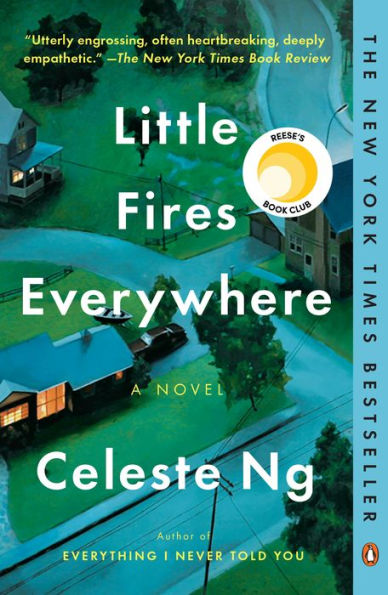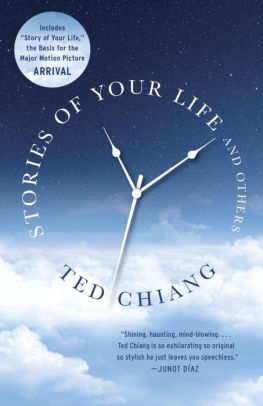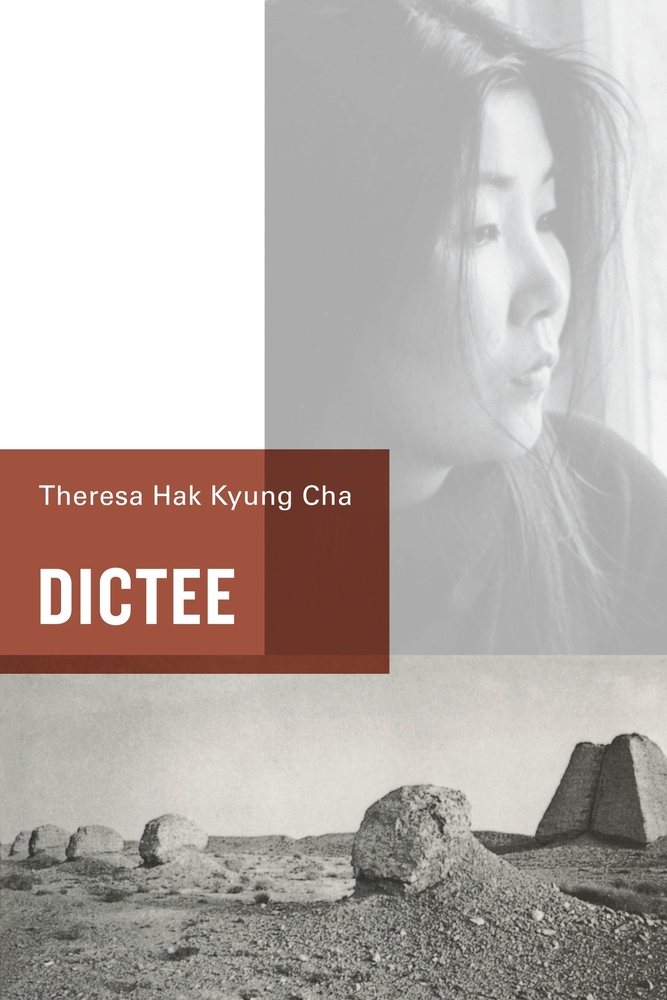We’ve all been asked the question before, at an interview or as an icebreaker: “If you could have dinner with anyone in the world, dead or alive, who would it be?” The open-endedness of this question forms the surreal premise of Rebecca Serle’s novel The Dinner List, in which a woman finds herself at a dinner table with her best friend, three other people from her past, and also Audrey Hepburn. In celebration of Serle’s newest novel In Five Years, we’re returning to our thoughts upon reading The Dinner List, and asking our staff: “If you could have dinner with any author in the world, dead or alive, who would it be?”

A Literary Feast: 8 Authors We’d Invite to Dinner
Hannah’s Pick: Anita Diamant Anita Diamant can craft some incredible stories. Her writing is absolutely gorgeous, and her attention to detail and historical information completely transports readers into the particular place and that particular time about which she writes. In THE BOSTON GIRL, she vividly paints a picture of growing up in 1950s Boston. The story follows Addie Baum through dramatic changes: from being a young girl, to a teenager dreaming of college, to her first love affair, and ending as an 85-year-old woman reflecting on her younger days. It was so powerful and such a beautiful tale of becoming a woman and finding place. I would love to sit down with Anita and ask her about her inspiration, and how she came to first develop such a robust character and then put to paper descriptions that so perfectly encapsulate the emotional experience of living and growing.
Girl Crazy: 15 Literary Ladies You’ll Want to Know
Here’s a party game for you: Can you name a “girl” book? Of course you got GONE GIRL and THE GIRL ON THE TRAIN, but there are lots of other girl books that you’ll want to add to your reading list. Whether you like thrillers, literary fiction, or history, these “girls” all have one thing in common—they are compulsively readable.
MENTIONED IN:
Justin’s Pick: Agatha Christie Assuming that the lights don’t inexplicably go out and the menu items remain poison-free, a dinner with Agatha Christie would likely be as dynamic and compelling as one of her classic whodunits. Christie’s MURDER ON THE ORIENT EXPRESS, while ripe with crime and intrigue, is oftentimes about making sense of strangers — discovering core truths through conversation. Topics of conversation over dinner could include what she believes draws both herself, and by extension her readers, to the macabre and why there’s nothing quite as alluring as a good mystery. I’ll have one order of the red herring, please.
The most famous Hercule Poirot mystery, which has the brilliant detective hunting for a killer aboard one of the world’s most luxurious passenger trains.
MENTIONED IN:
Sarah’s Pick: Christine Mangan The sense of place in her debut novel TANGERINE, plus the escalation of tension and her ability to flip the vantage points of a scene make me wonder how she perceives the world around her and would definitely provide plenty of interesting talking points. TANGERINE is set in Tangier, Morocco, the first time I’ve read fiction set against that backdrop; I’m curious about whether Christine’s ever spent time there, and what first caught her eye to inspire the beginnings of a novel. I’d also love to hear how it feels to spend an extended period of time in the mind of an unreliable narrator. In Tangerine, two old friends who have since stopped speaking to one another are inexplicably reunited. Suddenly a husband has gone missing, lives are unraveling, and years of questions are at play.
MENTIONED IN:
Holly’s Pick: Jess Kidd Jess Kidd has a knack for words, and would undoubtedly make a fantastic dinner guest. In her novel HIMSELF she tells the story of Mahony, who returns to his haunted Irish hometown, Mulderring. After being abandoned in an orphanage as a baby, Mahony grew up to believe his mother had left him. Yet, when he receives an anonymous note one night at a pub that implies otherwise, he decides to take it upon himself to learn about his roots. Once Mahony arrives, he realizes that Mulderring is definitely not the town he was expecting.
MENTIONED IN:
Taryn’s Pick #1: Celeste Ng If the gorgeous cover doesn't immediately catch your eye, the first line of Celeste Ng's LITTLE FIRES EVERYWHERE will draw you in until it's very last page. This is a book about family, community, a seemingly sleepy town in Ohio, but it is also about identity and art, about who we really are deep down when everything else is stripped away.
Taryn’s Pick #2: Iain Reid Horror has never been my genre of choice, and I did not expect to love Iain Reid's Foe, or to read it entirely in one setting. The writing is sparse, the sentences concise, yet each moment packs its own powerful punch. Every time I thought I knew where the story was heading, it turned itself completely, leaving me in awe as it unfolded.
MENTIONED IN:
Johanna’s Pick #1: Ted Chiang When the film Arrival released in 2016, it was widely praised for the mind-boggling reveal that time in this movie was not linear after all. The short story on which Arrival was based is the title piece of Ted Chiang’s collection STORIES OF YOUR LIFE AND OTHERS, and this reveal is even more complex and thought-provoking written down. And yet it made so much sense—Chiang is known for pushing the boundaries of science fiction, centering his work around humanistic interpretations of scientific theories, but he excels at describing them in an accessible way. I would invite him to dinner just to ask him about his take on time travel.
MENTIONED IN:
Johanna’s Pick #2: Theresa Hak Kyung Cha Cha’s first and only novel DICTEE, published in 1982, did not become a staple of the American literary academia sphere until years after. It’s truly a genre-bending book, telling the stories of several historical women through a web of memoir, biographies, and short asides, all written in fragmented sentences and with no explanation of how to read it. Several days after its publication Cha was raped and murdered, casting the novel in an entirely new light for some readers. But DICTEE remains a complex work that examines the insufficiency of language and literary conventions when conveying the trauma of these women throughout history. As Cha was never able to speak publicly about her work, I have always wanted to speak to her in person, ask her how she had begun to envision such an enduringly distinct and difficult book

